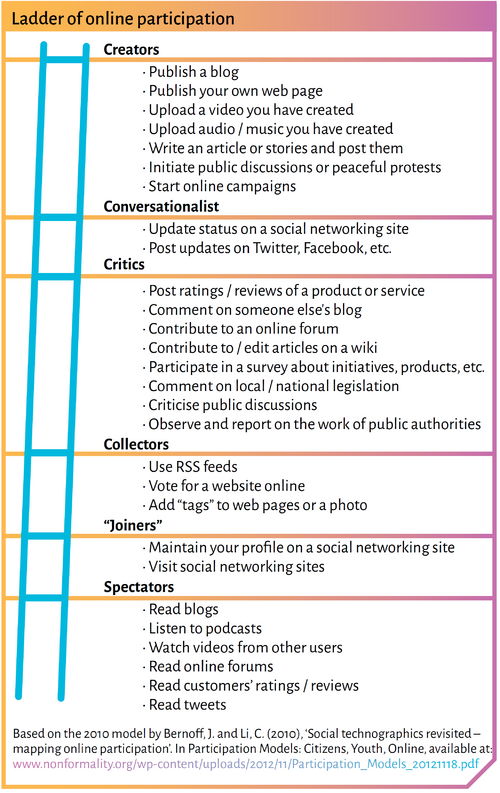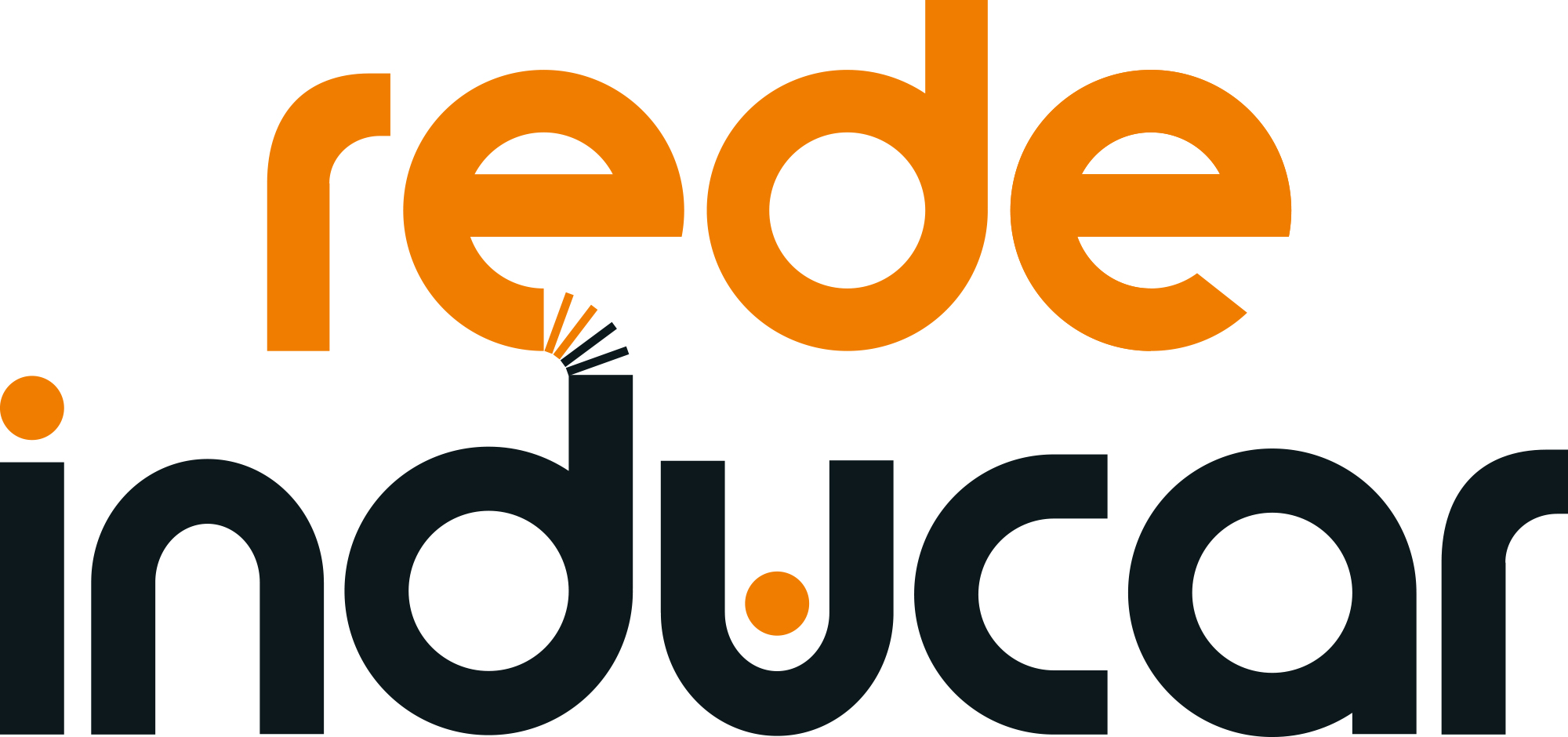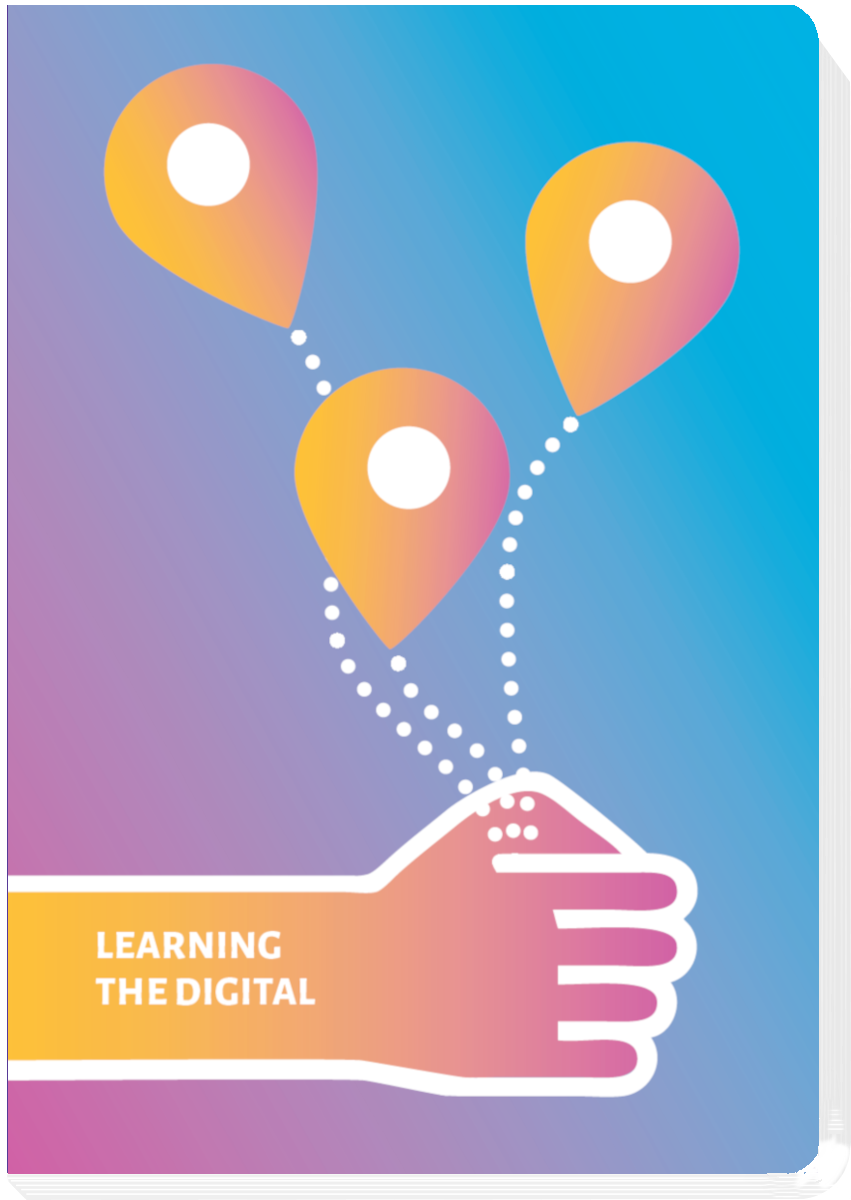Contents
Goals
- To identify one’s participation level and roles online
- Comprehend the concepts and different levels and forms of participation and activism
- Identify and explore tools for mobilising for participation online and the interrelations with analogue communities
Steps
1. Present the activity in an online plenary session:
- Present the ladder of online participation (share the screen)
- Present the spaces of discussion (rooms) you created on the platform (Spectators, Joiners, Collectors, Critics, Conversationalists, Creators and Chill out)
- You might also use: Template in A4
2. First Round:
The facilitator broadcasts the following questions/instructions
- How do I participate online?
- With the categorization used on the ladder of online participation, move yourself into the different rooms. Stop when you find your position
- Invite the participants to look around and see how people are grouped
- Encourage the participants to share their own experiences
- Instigate reflection: are participants comfortable with that position?
3. Second Round:
- Move to the place where you would like to be
- When participants place themselves where they would like to be, ask them what hinders them from being there and let the group discuss actions they would like to take in order to reach another level of participation
- For those in the chill out room, ask them to share with the whole group tools and methods for mobilising people
Reflection
- Do you feel that you can freely participate online?
- How was it to identify your role online? What did you discover about your online behaviour?
- How was it to think of things you could do more online?
- What do you think about these examples of online participation? What is their link to “offline” participation? Can people participate online as they do offline?
Wonder.me
Wonder.me is a commercial digital tool for collective calls that resembles a physical space where participants can walk around and interact in groups. It is a very useful tool for online sessions and it is very intuitive to use: https://www.wonder.me/
Reference
- Council of Europe (2020). Bookmarks. A Manual for Combating Hate Speech Online through Human Rights Education. Revised edition (2020). Keen, E. & Georgescu, M. with contributions from Chernykh, O., Pandea A-R and Valtere S., Council of Europe Publishing, Strasbourg. https://rm.coe.int/bookmarksen2020-web2/16809e5789
Inês Carvalho
Master in Associativism and Sociocultural Animation and PhD in Sociology of Education from the University of Minho. Managing director of the organisation Rede Inducar in Porto (Protugal). Guest researcher at the “Observatory for Socio-educational Intervention and Applied Human Rights” at the Paula Frassinetti School of Education.Gustavo Briz
Chairman of the Board of Directors of Rede Inducar in Porto (Portugal). Masters in Architecture and facilitator. Expert for participation, LGBTI aspects and environmental education.External Resource: Participation models, citizens, youth, online
This is an overview of theoretical models of citizen, youth and online participation. It is very exhaustive, comprising models from 1969 to 2012. Many set different levels of participation and others explore the necessary conditions that need to be in place for effective participation: https://www.nonformality.org/wp-content/uploads/2012/11/Participation_Models_20121118.pdf






